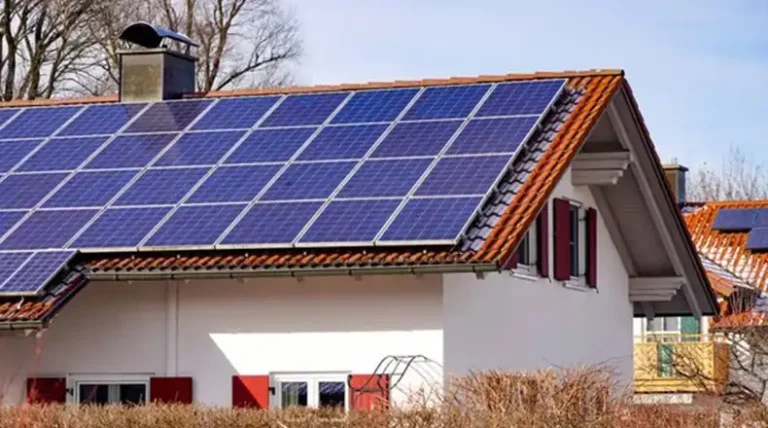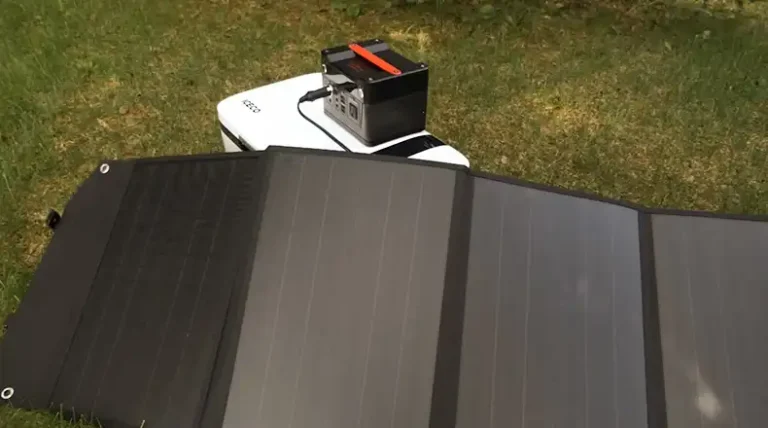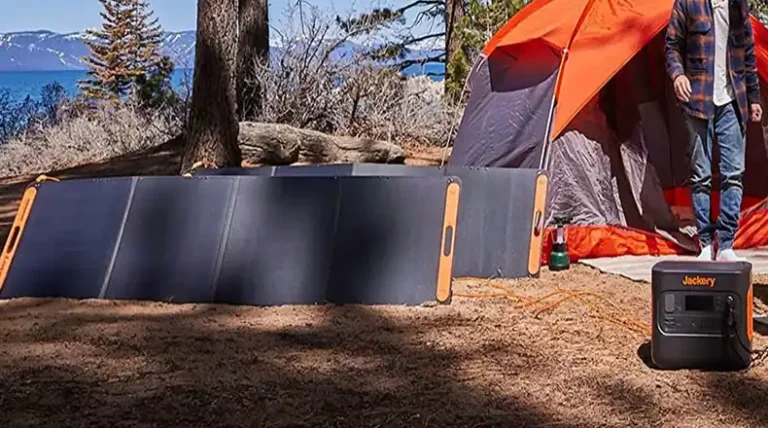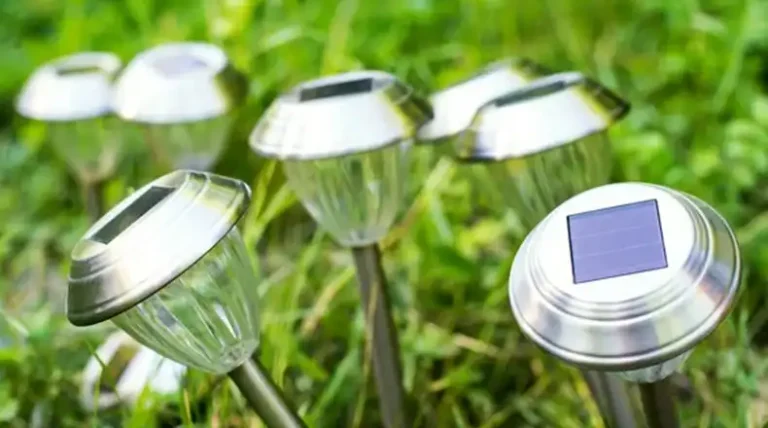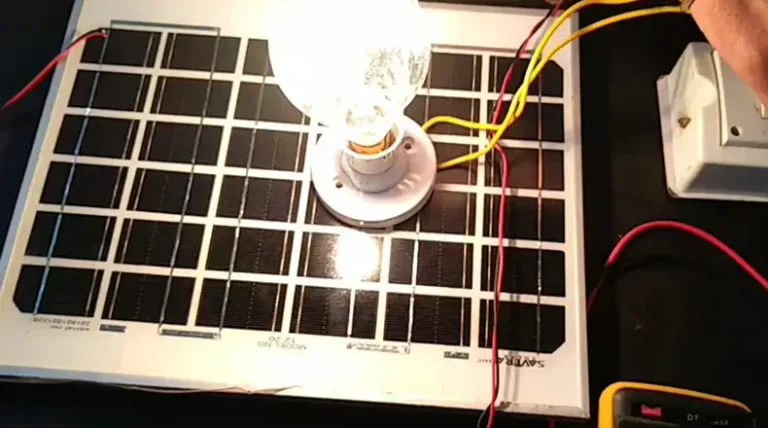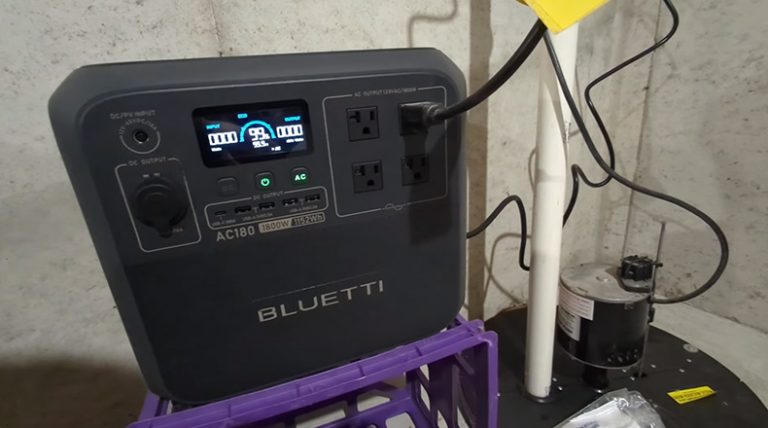Does Solar Power System Work At Night Or Cloudy Day
As we know solar panels rely on sunlight to produce energy. So, one of the most common concerns people have about solar power systems is whether they can generate electricity during nighttime or on cloudy days.
The short answer is that solar panels do not produce electricity at night or on extremely cloudy days when there is no direct sunlight hitting the panels. However, there are ways to store excess energy produced during sunny hours for use at night or during inclement weather.
In this guide, I’ll explain how solar power systems work, their limitations, and solutions to ensure you have a reliable source of renewable energy 24/7.
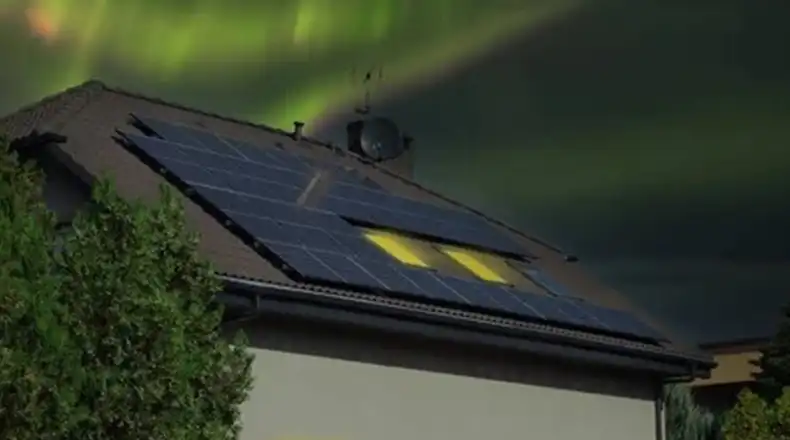
How Do Solar Panels Work?
Solar panels are made up of photovoltaic (PV) cells that convert sunlight into direct current (DC) electricity. When sunlight hits the PV cells, it knocks electrons loose from their atoms, creating an electrical flow.
The DC electricity generated by the solar panels is then converted into alternating current (AC) by an inverter, which is the type of electricity used in homes and businesses. This AC electricity can be used to power your appliances, lights, and other electrical devices.
Do Solar Panels Work at Night?
Unfortunately, solar panels do not produce electricity at night. This is because they rely on sunlight to generate power, and there is no sunlight available during the night hours.
However, this doesn’t mean that you won’t have access to electricity at night if you have a solar power system installed. There are two main solutions to ensure you have a reliable source of electricity at night:
- Net Metering: With net metering, any excess electricity your solar panels produce during the day is fed back into the grid, and you receive credits from your utility company. At night, when your solar panels are not producing electricity, you can draw power from the grid and use those credits to offset the cost.
- Battery Storage: Another option is to install a battery storage system alongside your solar panels. Any excess electricity generated during the day can be stored in the batteries for use at night or during periods of low sunlight.
The good news is that researchers have developed a type of solar panel recently that can work at night. It utilizes the coldness of outer space instead of the sun’s heat to generate electricity.
Do Solar Panels Work on Cloudy Days?
The performance of solar panels is affected by cloud cover, as clouds reduce the amount of sunlight that reaches the panels. However, solar panels can still produce electricity on cloudy days, just at a lower output.
The amount of electricity generated on a cloudy day depends on the thickness and density of the clouds. Thin, scattered clouds may only reduce the output of your solar panels by 10-20%, while thick, overcast skies could reduce the output by 60-90%.
It’s important to note that solar panels are designed to capture both direct and indirect sunlight, so they can still generate some electricity even on cloudy days when there is no direct sunlight.
Bonus Tips to Optimize Solar Power Production
While solar panels may not produce as much electricity at night or on cloudy days, there are several ways to optimize their performance and ensure a reliable source of renewable energy:
- Invest in High-Efficiency Solar Panels: High-efficiency solar panels are designed to capture more sunlight and convert it into electricity, even in low-light conditions. This can help maximize your solar power production on cloudy days.
- Use a Solar Tracking System: Solar tracking systems automatically adjust the angle of your solar panels throughout the day to ensure they are always facing the sun. This can increase your solar power output by up to 25%.
- Install a Battery Storage System: As mentioned earlier, a battery storage system can store excess electricity generated during sunny hours for use at night or on cloudy days.
- Combine Solar with Other Renewable Energy Sources: Pairing your solar power system with other renewable energy sources, such as wind turbines or hydroelectric generators, can help provide a more consistent and reliable source of electricity.
Conclusion
While solar panels do not produce electricity at night or on extremely cloudy days due to the lack of direct sunlight, there are effective solutions to ensure a reliable source of renewable energy 24/7. By implementing strategies such as net metering, battery storage, and optimizing solar panel performance, you can enjoy the benefits of solar power without compromising on your energy needs. If you have any further questions or need guidance on choosing the right solar power system for your needs, leave a comment below, and we’ll be happy to assist you. Thank you for reading, and we wish you the best in your solar power journey!
FAQs
What Happens to Solar Panels During a Power Outage?
During a power outage, solar panels with a battery storage system can continue to provide electricity to your home or business. However, solar panels without battery storage will not produce electricity during an outage, as they rely on the grid to function.
Can Solar Panels Work in Snowy or Rainy Conditions?
Solar panels can still generate electricity on snowy or rainy days, although their output may be reduced due to the limited sunlight reaching the panels. However, snow and rain can also help clean the panels, improving their efficiency.
How Long Do Solar Panels Last?
Most solar panels have a lifespan of 25-30 years, although they may experience a gradual decrease in efficiency over time. With proper maintenance and care, some solar panels can continue to operate efficiently for even longer.
Are Solar Panels Expensive to Maintain?
Solar panels require relatively little maintenance, as they have no moving parts. The main maintenance tasks involve cleaning the panels periodically and inspecting the system for any potential issues. The costs associated with maintenance are typically low.
Can Solar Panels Power an Entire House or Business?
Yes, it is possible to power an entire house or business with solar panels, although the size of the solar power system will depend on your energy consumption needs. Proper system design and sizing are crucial to ensure your solar panels can meet your energy demands.

